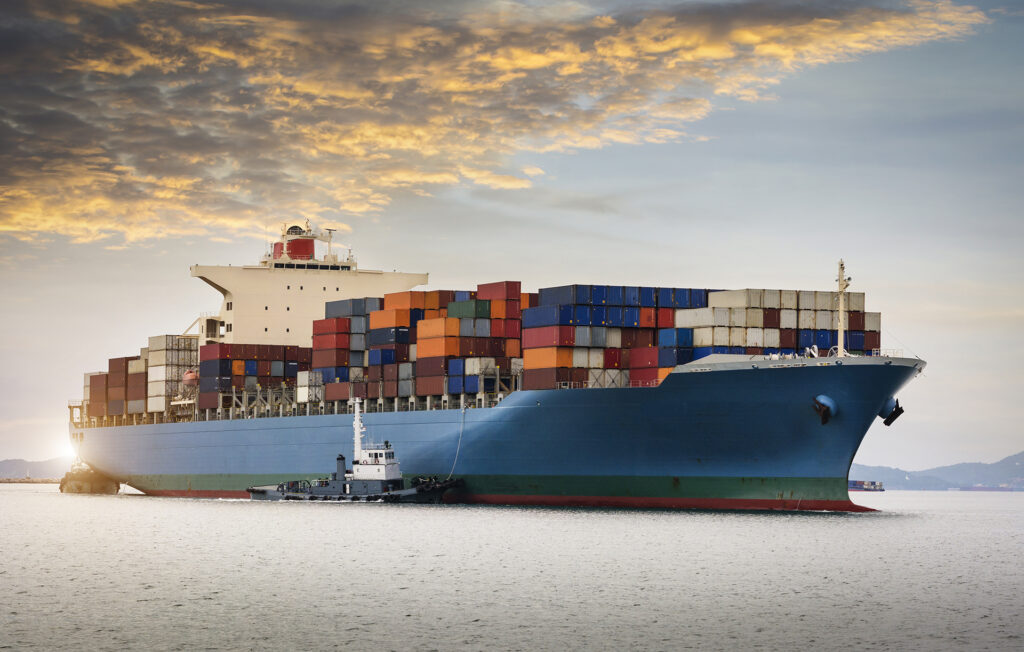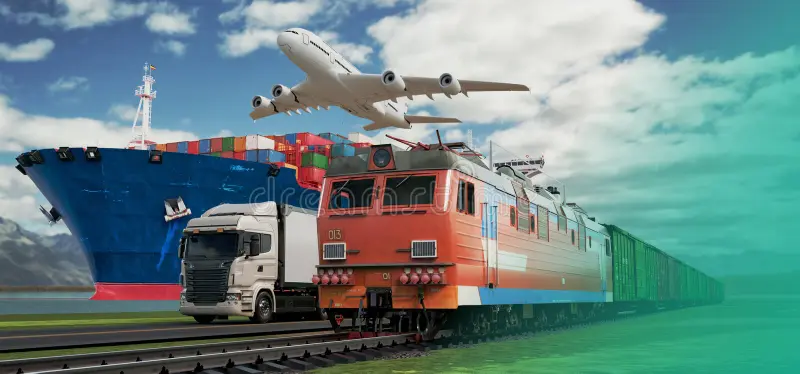- By TOP CHINA FREIGHT
- September 10, 2025
- Shipping
Table of Contents
Managing freight cost from China is a critical factor for businesses importing goods. Rising shipping expenses, fluctuating fuel surcharges, and complex customs regulations often challenge companies. This guide explains how to calculate costs, optimize shipping methods, and improve delivery schedules for cost-effective logistics solutions.

What Factors Affect Freight Cost from China?
Air freight is faster but more expensive; sea freight is slower but cheaper.
Larger or heavier shipments generally increase costs.
Shipping to distant or less-accessible locations raises expenses
Additional fees at origin/destination affect total cost
Duties, taxes, and inspections contribute to shipping expenses.
Peak periods (e.g., Chinese New Year, holidays) increase freight rates.
Faster deliveries increase cost; slower shipments reduce it.
Combining small shipments lowers per-unit freight cost.
How to Calculate Shipping Costs from China?
Shipping costs are usually calculated using one of the following metrics:
1.Weight-Based Pricing:
Common for air freight, pricing depends on gross or volumetric weight.
2.Volume-Based Pricing:
Often used for sea freight, measured in cubic meters (CBM).
3.Freight Class & Commodity Type:
Specific products, especially hazardous or temperature-sensitive goods, may incur higher rates.
Example: Cost Calculation Table
| Shipping Method | Volume/Weight | Rate per Unit | Estimated Cost |
|---|---|---|---|
| Air Freight | 100 kg | $5/kg | $500 |
| LCL Sea Freight | 2 CBM | $150/CBM | $300 |
| FCL Sea Freight | 20 ft Container | $1,200/container | $1,200 |
Using these calculations, importers can compare shipping options and select the most cost-effective method.
What Are the Most Cost-Effective Shipping Methods?

Choosing the right shipping method significantly affects freight cost from China.
| Shipping Method | Transit Time | Pros | Cons |
|---|---|---|---|
| Sea Freight FCL | 20–35 days | Cost-effective for large volumes | Slower than air freight |
| LCL Shipping | 25–40 days | Economical for small shipments | Longer transit time, handling fees |
| Air Freight | 3–7 days | Fast delivery, secure | Expensive, limited volume |
| Rail Freight | 12–20 days | Balanced cost and speed | Limited routes to certain regions |
How Does Cargo Type Impact Freight Cost from China?
Freight cost from China varies depending on the nature of goods:
Heavy vs. Light Cargo:
Weight directly affects air freight; for sea freight, volume is key.
Hazardous or Perishable Goods:
Require special handling and documentation, raising costs.
Fragile Items:
Need additional packaging, impacting volumetric measurements and cost.
Therefore, proper categorization of cargo ensures accurate cost estimation and compliance with shipping regulations.
How Can Businesses Reduce Freight Costs?

Customs procedures affect both freight cost from China and delivery schedule.
Essential documents include:
| Document | Purpose |
|---|---|
| Commercial Invoice | Confirms cargo value for customs |
| Packing List | Details contents and packaging |
| Bill of Lading (B/L) | Confirms shipment agreement |
| Import/Export Licenses | Required for restricted commodities |
| Certificate of Origin | Required for preferential duty rates |
What Are the Key Customs Considerations?

Customs procedures affect both freight cost from China and delivery schedule. Essential documents include:
| Document | Purpose |
|---|---|
| Commercial Invoice | Confirms cargo value for customs |
| Packing List | Details contents and packaging |
| Bill of Lading (B/L) | Confirms shipment agreement |
| Import/Export Licenses | Required for restricted commodities |
| Certificate of Origin | Required for preferential duty rates |
Case Study: Optimizing Freight Cost for E-Commerce

A small e-commerce company importing electronics from Shenzhen faced high freight costs. They switched from regular air freight to LCL sea freight for smaller shipments.
Original Cost:
$2,500 per shipment via air
Optimized Cost:
$1,200 per shipment via LCL sea freight
Outcome:
Reduced expenses by 52%, maintained delivery schedules, and improved cash flow.
This example demonstrates how analyzing cargo volume, transit time, and shipping method can optimize freight cost from China.
How to Choose the Right Freight Forwarder?
Selecting a reliable forwarder can dramatically reduce freight cost from China. Key considerations include:
- Experience with shipping routes and cargo types
- Transparent pricing and detailed cost breakdowns
- Ability to handle customs clearance efficiently
- Track record of on-time deliveries
A professional freight forwarder ensures smooth logistics, accurate cost estimation, and timely delivery.
Conclusion
Freight cost from China depends on shipping method, cargo type, transit time, and customs considerations. By consolidating shipments, choosing optimal routes, and partnering with experienced forwarders, businesses can reduce expenses and streamline supply chain operations. Proper planning, accurate documentation, and strategic shipping choices are key to balancing cost and delivery efficiency.
Need a Shipping Quote?
If you want expert guidance and peace of mind, our team is ready to assist.
TJ China Freight offers tailored solutions to help businesses of all sizes ship more reliably from China.

FAQs
Q1:How can I estimate freight cost from China accurately?
Use volume or weight measurements, consult freight forwarders, and account for port charges, fuel surcharges, and customs fees for precise freight cost from China estimates.
Q2:Which shipping method is cheapest for small shipments?
LCL sea freight is cost-effective for small shipments, balancing freight cost from China with longer transit time and manageable handling fees.
Q3:Can freight cost from China be reduced during peak season?
Yes, by planning shipments in advance, consolidating cargo, and choosing flexible shipping dates, businesses can minimize freight cost even during peak demand.
Q4:How do customs fees affect shipping expenses?
Customs duties, taxes, and inspection fees directly influence freight cost from China. Accurate documentation and HS code classification prevent unexpected charges.
Q5:Are there hidden fees in freight cost from China?
Potential hidden fees include terminal handling charges, storage fees, and fuel surcharges. Using transparent forwarders helps avoid surprises and optimize overall cost.
